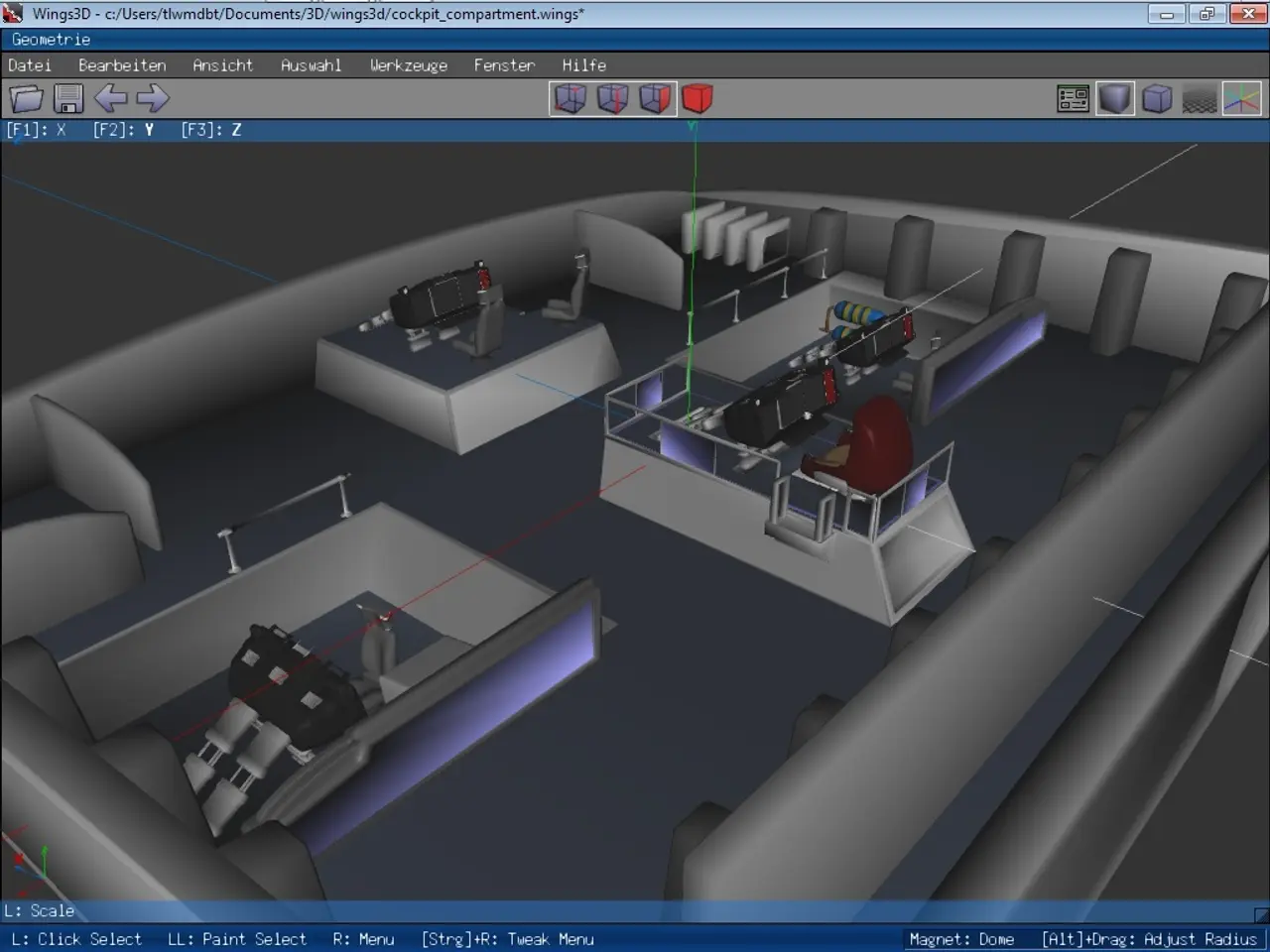Maryland's life sciences sector showcases robust research and development, as well as skilled manufacturing expertise.
Maryland's life sciences industry is undergoing significant transformations, driven by technological advancements and the growth of biotechnology. Here's a look at the changing workforce needs and the state's responses to these changes.
Changing Workforce Needs
The industry is witnessing a surge in roles related to data science, artificial intelligence (AI), and machine learning. Biomanufacturing and process engineering are also evolving due to fast-moving technology. Another challenge arises in the need for more life sciences leaders with executive experience, as scientists often seek to start new companies from Maryland's universities. This sector faces challenges in finding seasoned co-founders locally.
State Adaptation Strategies
Education and Training
The University of Maryland is launching new programs, such as a Master of Science in artificial intelligence for drug development, to address the growing demand for AI and data science skills. BioHub Maryland provides training in biopharma manufacturing skills to equip the workforce with necessary competencies.
Talent Development and Retention
TEDCO offers funding, resources, and connections for early-stage technology and life sciences companies, helping them build management teams and commercialize technologies. The University of Maryland Institute for Health Computing brings together diverse talent in healthcare and technology fields, fostering innovation and collaboration.
Infrastructure and Investment
Regions like the BioHealth Capital Region (BHCR) continue to attract major investments and talent. Significant developments in Montgomery County include AstraZeneca's new facility, which is part of a $50 billion investment across its U.S. research and development and manufacturing footprint. The Washington, D.C.-Baltimore area ranks third for research and development (R&D) talent and sixth for manufacturing talent in the U.S.
Overall, Maryland is adapting by investing in education, talent development, and infrastructure to meet the evolving needs of its life sciences workforce. Stefanie Trop, director of life sciences at the Maryland Department of Commerce, is excited to see the industry's emergence from its past two years of challenges and hopes for a stronger, more diversified Maryland life sciences industry.
- To cater to the surging demand for AI and data science skills in Maryland's life sciences industry, the University of Maryland is introducing new programs, such as a Master of Science in AI for drug development.
- With the rising importance of biomanufacturing and process engineering due to technology, BioHub Maryland offers training to equip the workforce with the required competencies.
- In response to the challenge of finding experienced life sciences leaders, TEDCO offers funding, resources, and connections to help early-stage technology and life sciences companies build management teams.
- Significant investments, such as AstraZeneca's new facility in Montgomery County, are attracting talent to the BioHealth Capital Region, making it a hub for R&D and manufacturing.
- In an effort to meet the evolving needs of the life sciences workforce, Maryland is focusing on educational investments, talent development, and infrastructure growth, aiming for a stronger and more diverse industry under the leadership of Stefanie Trop, director of life sciences at the Maryland Department of Commerce.




